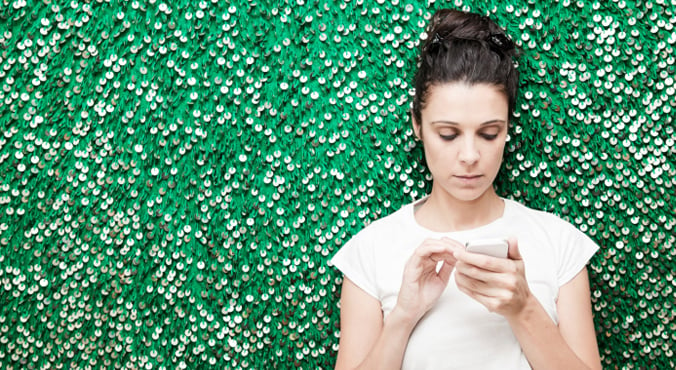
Image via: iStock
First of all, you just want to clarify that you are not addicted to Facebook.
No, no, no. You just like to casually nip on before you tackle your to-do list. It’s actually a completely legitimate mental warm-up to doing work, because experts always say that it’s good to warm up.
Social media is in danger of ruining your holiday. Don’t let it.
And, yes, you think about checking Facebook at the cinema – but that’s because films are reaaally long these days. And if you’re going for a wee, you may as well check Facebook while you’re at it and, um, multitask.
OK, OK, OK. We’re all big fat Facebook liars. As much we pretend that our lives are in no way governed by the urge to press that little blue and white logo, in truth, we love that little logo.
A new study has found that the impulsive brain patterns of Facebook users are the same as cocaine addicts. But unlike cocaine use, where you’re very aware of the negative consequences beyond the high, we don’t fear any of the repercussions of spending two hours looking at Facebook – so we keep at it.
We love its constant, magician’s-hat-style stream of gossip, ground-breaking videos (four words: seal on a surfboard) and announcements that we didn’t even know that we needed to know. A school friend you haven’t seen for 17 years is at the airport? Hooray!
Facebook is now asking what you weigh
In short, what porn does for our genitals, Facebook does for our brain. And there’s a reason why your brain does not let up trying to get its next fix.
Referring to the study’s Facebook-obsessed participants, co-author and psychologist Ofir Turel at California State University told LiveScience, “They have the ability to control their behaviour, but they don’t have the motivation to control this behaviour because they don’t see the consequences to be that severe.”
